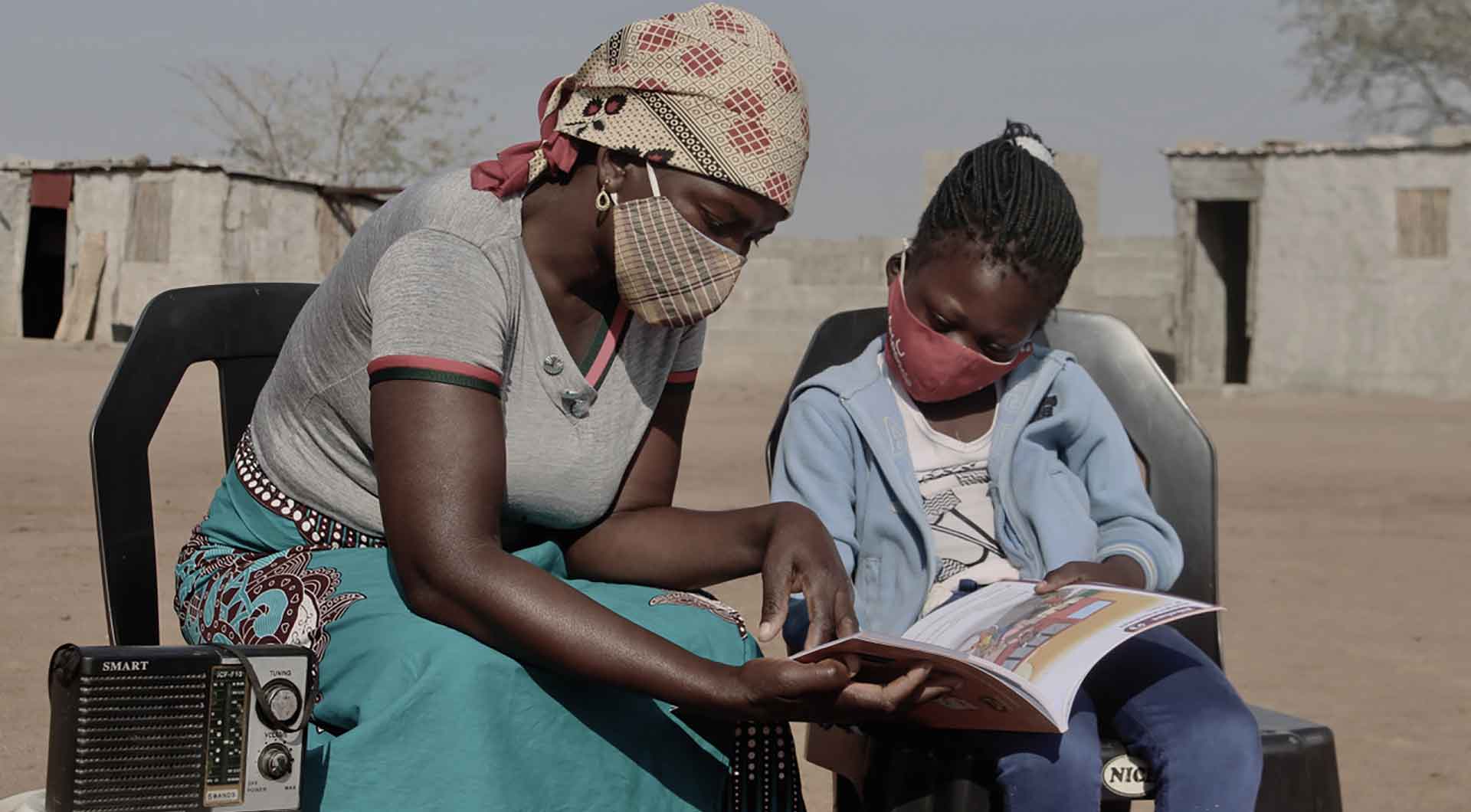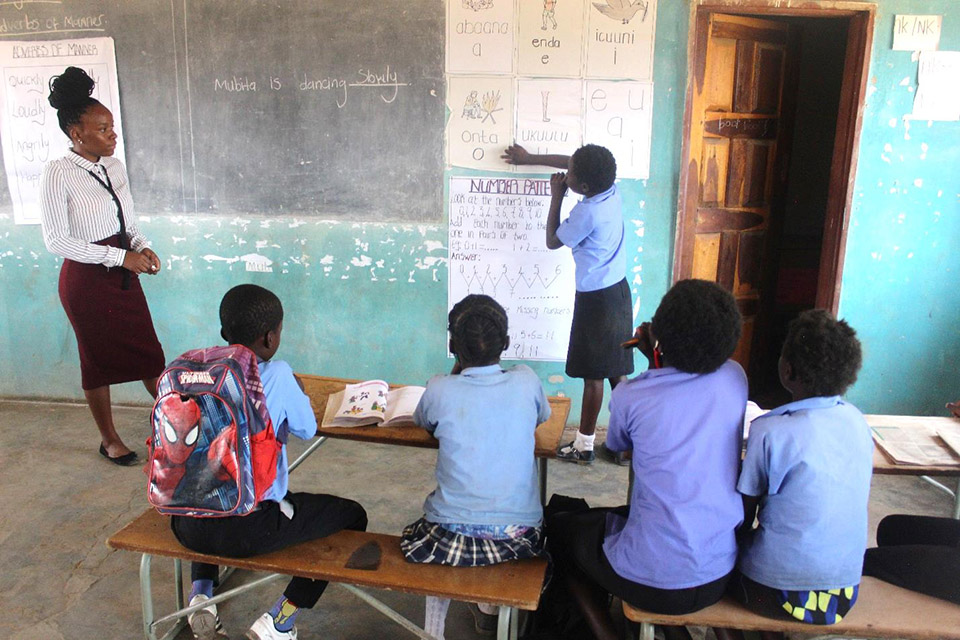
DNS Mkushi trains primary school teachers for rural primary schools where the demand for teachers is very high. The teachers are trained to be at the forefront of improving primary school education through new attitudes and knowledge about learning, as well as developing the communities they work in through different activities. The programme contributes to a higher quality of primary education for children in rural areas that are in need of it. Over the years, the college trained more than 800 rural primary school teachers.

“I grew up in an urban area of Choma district, my lifelong passion was to become a teacher, like my mother. When I completed high school, I promptly applied to DNS Mkushi to make my dream a reality, but my choice of college surprised my friends.
My friends all applied to colleges in the city, but I chose to apply to the DAPP teacher’s college in Mkushi. The idea of doing my training in a rural setting far from home appealed to me, I had always wanted to explore rural areas.
What impressed me most when I arrived at DNS Mkushi was the content of the curriculum at the college. It was not just about lectures but a combination of both theory and practice. The only thing I knew about farming was how to plant maize. During my stay at the college, I have learned so much about farming including pig and chicken rearing.
I have participated in three attachments all in rural schools and it made me appreciate the value of the training we are doing. I discovered that most of the children go to school whilst they are hungry despite having a lot of land at the schools which could be used for gardening, but the schools have no one to take charge of such garden farming initiatives.
All the schools I went to were severely understaffed, and most had less than six teachers. This motivated me more to finish my studies and contribute to the development of these areas.
People often ask me why I want to teach in the rural areas and how I’ll manage to survive without common services found in the urban areas but I’m not worried at all. My training has adequately prepared me to withstand challenges that I may face because I believe that when people come together any challenge can be overcome. Children in rural areas need education just like the ones in urban areas, if we all teach in towns, how can the rural areas develop,” says Racheal Phiri, DNS Mkushi College of Education, DAPP Zambia.